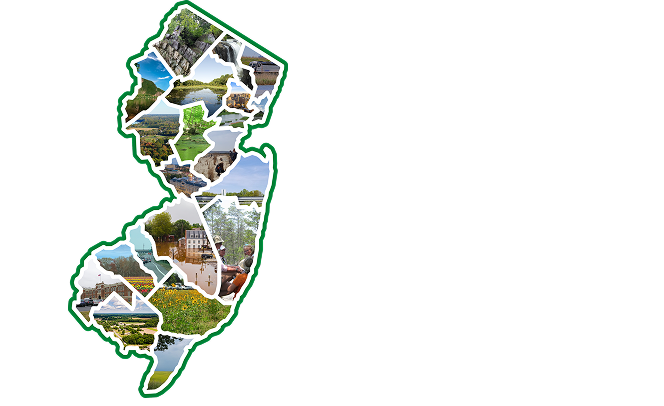Active banners: 0 Visible banners: 0
Climate Change Is Exposing the Racism Behind an Oregon Water War
Provided by: Al Jazeera |Published on: April 10, 2023
Videos
1112AP
Synopsis
- This video is about the fight over water rights and access in an Oregon town, where farmers and the Indigenous community are in conflict.
- It explores how climate change and agricultural practices are exacerbating the issue and exposing historical injustices.

Subjects: History, Geography
Authors: Al Jazeera
Region: North America, USA - West, United States, Oregon, Southern Oregon
Languages: English
Teaching Materials
Positives
- The video offers multiple perspectives to understand the history of the town and the conflicts around water.
- Students will learn about the connection between the water crisis and systemic racism.
- The video provides clips of key footage with time stamps.
Additional Prerequisites
- Teachers should be aware that this video mentions violence and gun use in several instances.
- Students should have a basic understanding of how climate change is impacting ecosystems and natural resources.
Differentiation
- History classes can use this resource to discuss the impact of past treaties and conflicts on current Indigenous culture and water conflicts happening today.
- Science classes can review the video's mention of habitat degradation and its impact on the suckerfish. Then students can discuss nature-based solutions to support healthy ecosystems.
- Students can record the multiple perspectives presented in the video and try to simulate a debate or city council meeting.
- Language arts students can offer solutions to the conflict and use persuasive writing to try to appeal to varying perspectives.
Scientist Notes
Teaching Tips
Standards
Resource Type and Format
All resources can be used for your educational purposes with proper attribution to the content provider.



